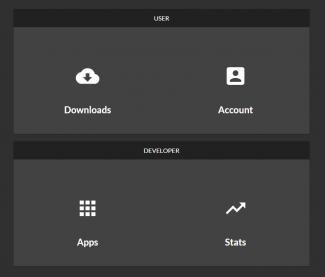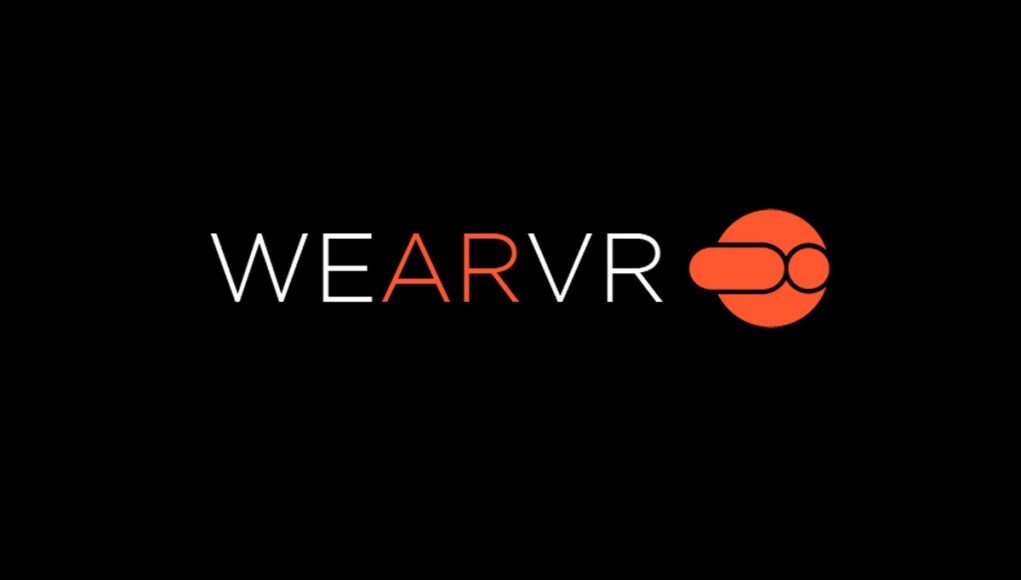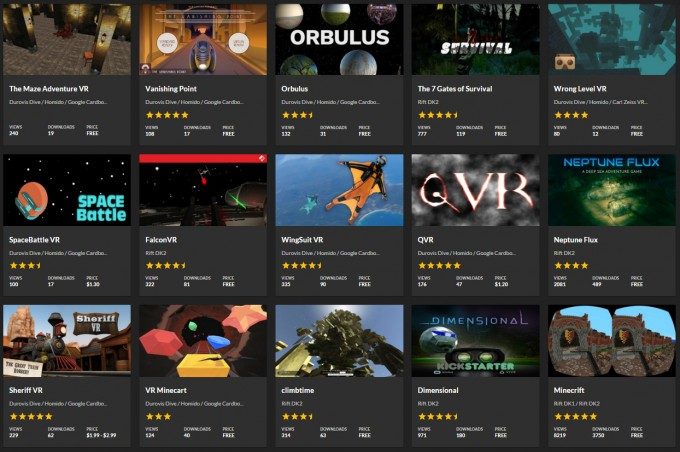Cross-platform VR app store WEARVR has taken the wraps off of several new features including a self-submission system and storefront functionality for developers to sell their apps.
WEARVR is a cross-platform VR app store which offers VR games and experiences across the major VR platforms including the Oculus Rift, HTC Vive, Gear VR, and Google Cardboard.
The store has recently opened a self-submission portal allowing developers to submit VR apps to the store. Along with this comes storefront functionality allowing developers to able to sell their content through the store with a 75/25% revenue split which beats the Apple and Android app store norm of 70/30% by 5% in favor of the developers.
For developers already selling their apps elsewhere (iOS or Android, for instance) the store allows listings which link through to those other app stores (including listing the proper price), allowing increased discovery even if the developer doesn’t want to sell their title through WEARVR.
 After submitting their games, developers can now continuously edit the listings as needed and charge different prices for different versions of the app made for different platforms. The developer backend now also offers analytics. User accounts now have access to download and order history as well.
After submitting their games, developers can now continuously edit the listings as needed and charge different prices for different versions of the app made for different platforms. The developer backend now also offers analytics. User accounts now have access to download and order history as well.
WEARVR recently announced that they’ve passed 500,000 downloads through their store.
Disclosure: At the time of publishing, WEARVR is running ads on Road to VR.








